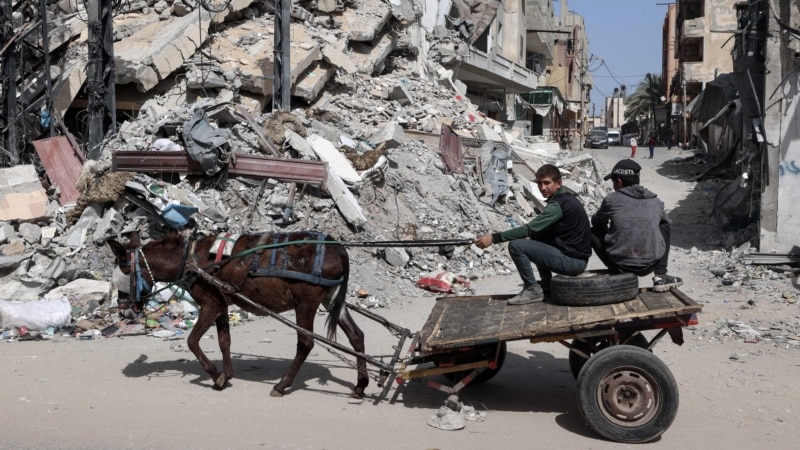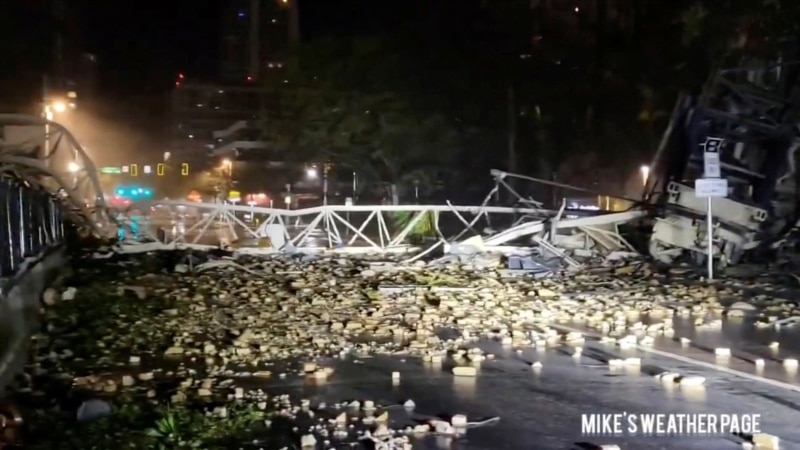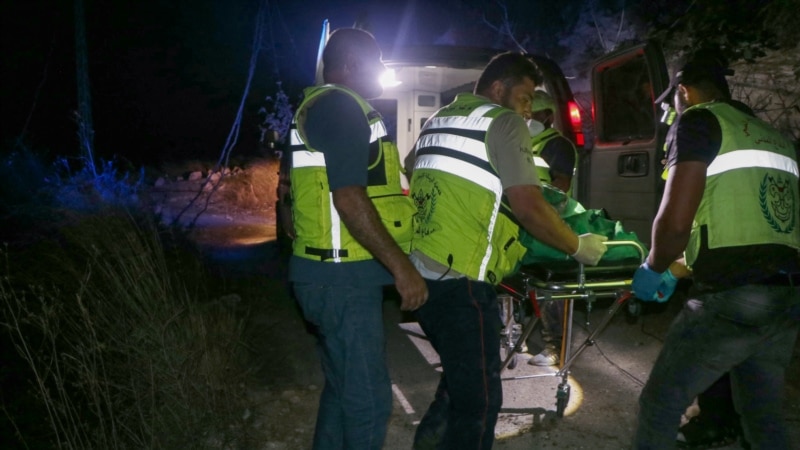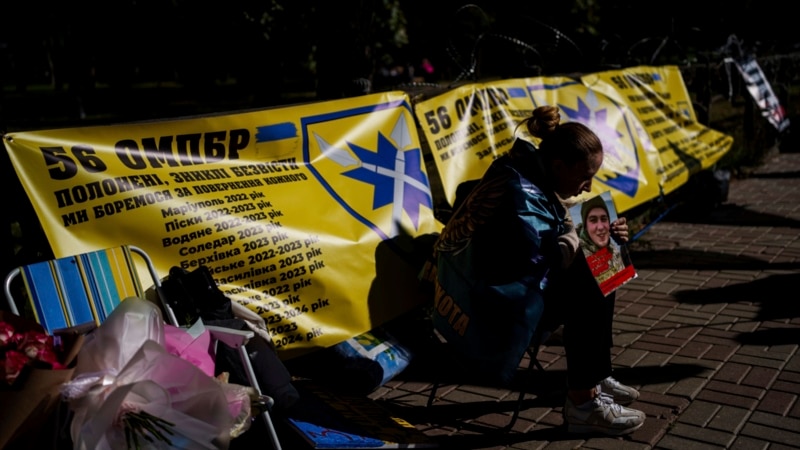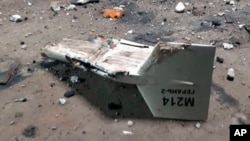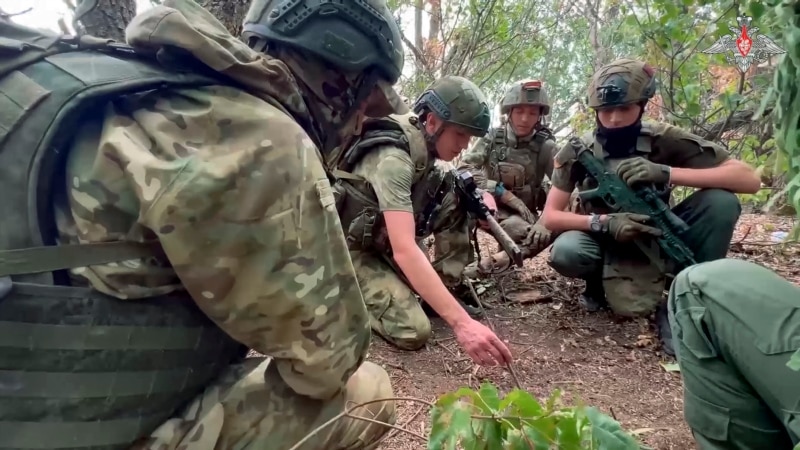Israeli Prime Minister Benjamin Netanyahu said Sunday he has approved a military operational plan for the southern Gaza city of Rafah, an area that has drawn international concern as half of Gaza’s population shelters there from the war.
Netanyahu said during a news conference the Israeli military is prepared to evacuate civilians and provide humanitarian aid. But like with previous announcements about Israeli plans to carry out an offensive in Rafah, there were no details about where the Palestinians might safely be able to go.
Much of Gaza has been left in ruins by the Israeli offensive aimed at defeating the Hamas terrorist group. Many of the Palestinians sheltering in Rafah traveled there from other parts of Gaza in search of safety.
The United States, a top Israeli ally, as well as other governments and the United Nations have expressed concern about a humanitarian disaster in Rafah if Israel goes forward with its plans.
Netanyahu reiterated Sunday that Israel sees no other way to achieve its goals.
“This will take time but it will be done,” Netanyahu said. We will enter Rafah and we will eliminate the Hamas battalions there for one simple reason: There is no victory without entering Rafah and there is no victory without eliminating the Hamas battalions there. This is a fundamental part of the goals of the war, which also include returning all of our hostages.”
The prime minister spoke shortly before undergoing successful hernia surgery Sunday evening.
An Israeli airstrike on Al-Aqsa hospital in Gaza killed four people and wounded 17 others, World Health Organization (WHO) chief Tedros Adhanom Ghebreyesus said Sunday in a post on X.
Tedros called for an end of Israel’s attacks on hospitals in the enclave and for the “protection of patients, health personnel and humanitarian missions.”
The strike on a tent camp inside the hospital compound was witnessed by a WHO team that was on a humanitarian mission there assessing the needs and collecting incubators for the north of Gaza, the WHO chief wrote, adding: “WHO staff are all accounted for.”
Thousands of people have been sheltering in the area after the fighting forced them to flee their homes.
The Israeli military said Sunday it carried out a strike targeting a terrorist commander who was operating in the hospital’s courtyard.
Israeli strikes pounded Gaza on Sunday as negotiations for a cease-fire in the conflict between Israel and Hamas were resuming in Cairo.
Tens of thousands of anti-government protesters launched a three-day protest, from Sunday until Tuesday, in front of the Israeli parliament in Jerusalem calling for Israel to reach a deal with Hamas to free dozens of hostages, for Netanyahu’s resignation and for a general election. The protest is the largest anti-government demonstration since Israel went to war in Gaza last October.
“Together with the negotiating team and the Cabinet, I am working around the clock to free all of our hostages,” Netanyahu said at his Sunday news conference. “I am doing so while balancing between the necessary pressure on Hamas and the flexibility that is possible in the negotiations.”
Netanyahu also dismissed calls for an election, saying that would only delay efforts to free the hostages and “paralyze Israel for six months.”
Netanyahu’s popularity, already dented over a domestic judicial crisis in Israel, has plummeted further since October 7, with successive opinion polls showing little faith in his leadership and a defeat by more centrist rivals if an election were to be held.
Fighting in Gaza has continued despite a U.N. Security Council resolution last week, calling for an immediate cease-fire between Israel and Hamas and the release of all hostages held by the militant group.
With the war nearing the six-month mark, the United States, Qatar and Egypt have been trying to mediate another cease-fire and hostage release since the first one in November.
Netanyahu approved a return to cease-fire talks with Hamas on Friday.
Hamas, however, would not be present at the talks in Cairo, an official told the Reuters news agency Sunday, as it waited to hear from mediators on whether a new Israeli offer was on the table.
Hamas has previously proposed a gradual cease-fire process during which it would release all the remaining hostages in exchange for an end to the war and full Israeli withdrawal from Gaza, the opening of its borders for aid and reconstruction, and the release of hundreds of Palestinian prisoners, including top militants serving life sentences.
Netanyahu has called Hamas’s terms delusional and pledged to resume Israel’s offensive after any hostage release and keep fighting until the militant group is destroyed.
The current conflict started on Oct. 7, when Hamas attacked Israel, killing 1,200 people according to Israeli tallies and taking about 250 others hostage. Hamas, designated a terror group by the U.S., the U.K. and the EU, is believed to still be holding roughly 100 hostages, as well as the remains of about 30 others.
Israel’s retaliatory campaign to destroy Hamas has killed more than 32,000 people, mostly women and children, and injured upward of 70,000, according to the Hamas-run health ministry in Gaza. Israel says one-third of those killed were militants.
Some information for this report was provided by The Associated Press and Reuters.

